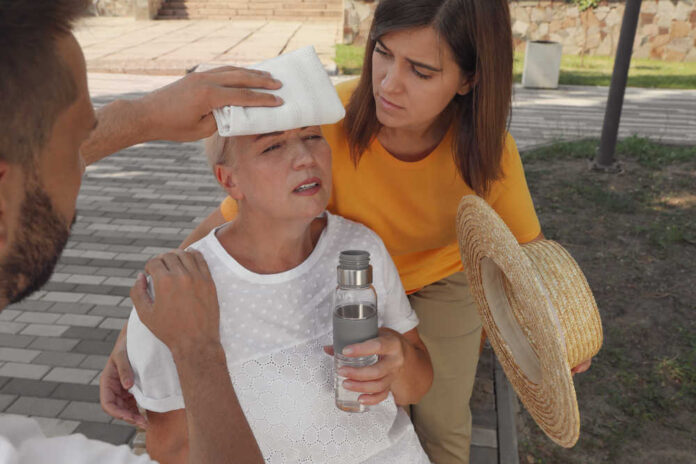
Summertime is here, which means warmer weather, longer days, and plenty of outdoor activities to enjoy. However, it also means an increased risk of certain injuries and illnesses.
Here are four of the most common summer medical emergencies that will send you to the ER.
Activity-Related Accidents
Sports, hiking, biking, swimming, boating, and other outdoor activities are great for your mental and physical health, but they also come with a risk of injury. The most common activity-related injuries include sprains, strains, and fractures. Increased activity may also lead to heart problems, particularly in people with pre-existing conditions.
This can also include accidents from mowing the lawn, playing with fireworks, or cooking on the grill, especially when alcohol is involved.
If you are spending time near water, make sure that everyone in your party knows how to swim and that you have life jackets for everyone. Keep an eye on small children at all times in case they fall in unexpectedly or struggle to stay afloat.
Similarly, do not leave children on a playground unattended. If they are playing on slides or monkey bars, stay close by if they need help.
Insect Bites and Stings
Summertime weather also means an increase in biting and stinging insects. Mosquitoes, bees, wasps, hornets, and ticks are all more active in the warmer months.
Most insect bites and stings are not severe and can be treated at home with over-the-counter medication. However, some people experience more severe allergic reactions that require emergency medical attention.
Insect bites and stings also carry the risk of infection. If you notice any unusual discoloration, swelling, or pus coming from the bite or sting site, see a doctor immediately.
Heat-Related Illnesses
When the weather is hot and humid, your body has to work harder to maintain an average temperature. Children and older adults are more susceptible to heat-related illnesses, but anyone can be affected.
Dehydration is the most common heat-related illness, and it can happen quickly, especially if you are not used to the heat. Early symptoms of dehydration include thirst, lightheadedness, and fatigue. If not treated, dehydration can lead to more severe problems like heat stroke and kidney failure.
If you are spending time outdoors in the heat, drink plenty of fluids, even if you are not yet thirsty. Water is the best choice, but sports drinks can also help to replenish electrolytes. Avoid alcohol, which can actually contribute to dehydration.
Wearing loose, breathable clothing can also help keep your body temperature down.
If you or someone you are with starts to experience symptoms of dehydration or heat stroke, move to a cool, shady area and call for help.






















